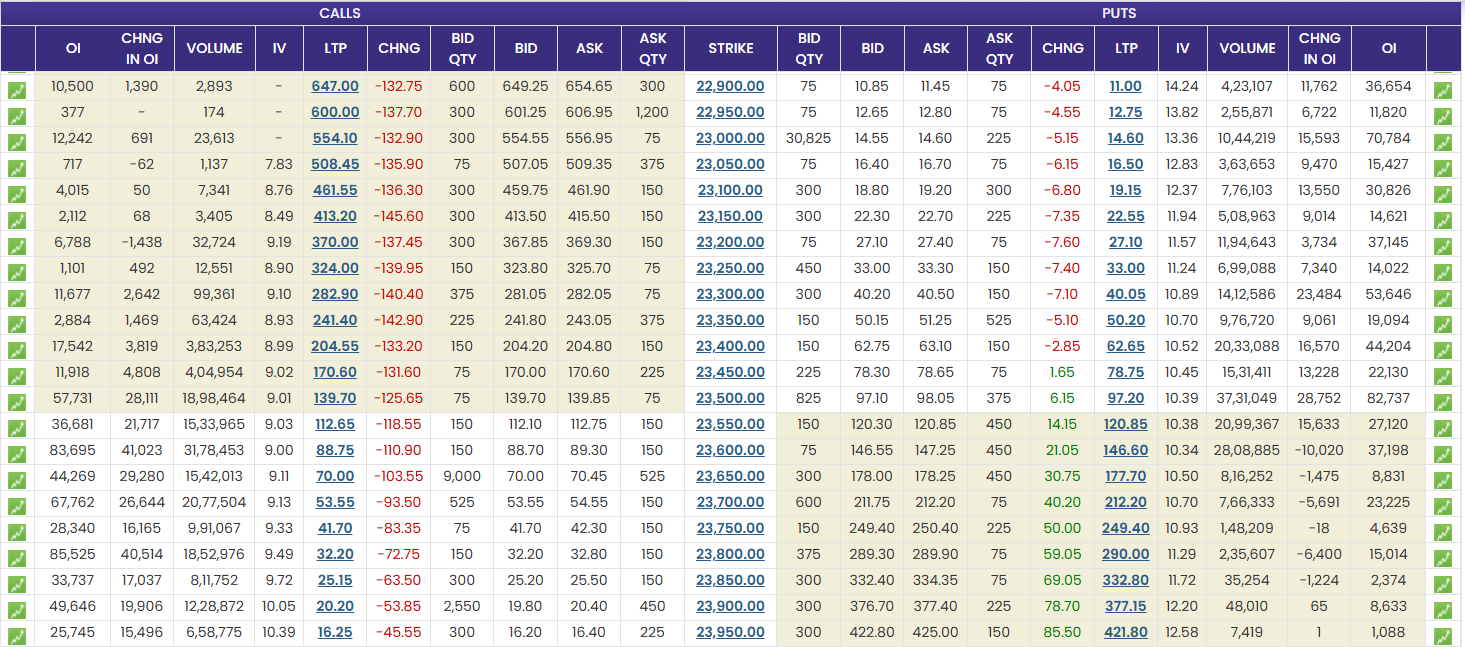
These days, options trading is a buzzword. Many people trade options without even knowing what they are or how they are priced. Since this is an introductory post, I’ll explain options using a real-life analogy. Before diving into how option contracts are priced or how they differ from stocks and futures, let’s first understand what options actually are. “An option is a financial contract that gives the buyer the right, but not the obligation, to buy or sell an underlying asset at a predetermined price (i.e., strike price) before or at expiration. Options are primarily used for hedging, speculation, and income generation.”
This is the standard textbook definition you’ll find in almost every book, blog, or article—and it’s absolutely correct.
But what if you don’t have a finance background? How do you actually understand options? Let me break it down in the simplest way possible.
Suppose You Want to Hire a Tutor
You are looking for a math tutor but don’t want to commit to full payment upfront without being sure of their teaching quality. A tutor offers you a deal:
-
You pay ₹500 now as a non-refundable demo fee (i.e., Premium).
-
The tutor agrees to lock their monthly fee at ₹5,000 for the next 30 days (i.e., Expiry Period).
-
After attending the first few demo classes, you can decide:
-
If you like the teaching, you pay ₹5,000 and continue, as this price is locked once the agreement is initiated.
-
Or if you don’t like it, you simply walk away after the demo, losing only the ₹500.
-
Breaking Down Every Component in the Options Trading:
-
Tutor’s Service: Underlying Asset (The subject matter for which the transaction is being done.)
-
₹500 Demo Fee: Option Premium (The option premium is like a demo fee that one pays to secure the right to access an instrument at a fixed price before making a full commitment. If you believe it has good future potential, you can proceed with the full payment. Otherwise, you can drop the deal, and the demo fee paid will be considered a sunk cost or testing fee.)
-
₹5,000 Monthly Fee: Strike Price (The pre-agreed price at which you can continue the service.)
-
30 Days: Option Expiry (The time limit within which you must decide to continue the service or let it expire. If the period ends and you still want to continue, you need to pay a new premium to secure the same conditions again.)
-
Locking the Fee: Right to Buy the Tutor’s Service at a Fixed Price (You have the choice to continue at the agreed price or walk away after expiry, losing only the premium.)
Summary & Key Takeaway
Just like in the tutor example above, options give you flexibility—you can lock in a price without full commitment. Whether you use options for hedging, speculation, or income, understanding how they work is crucial for making informed decisions. The next time you hear about options, just think of it as paying a small fee to secure a potential opportunity without a binding obligation.
Options trading can be a powerful tool, but it’s also one of the most complex. Before diving in, take the time to educate yourself, practice on a simulator, start with small amounts, and never trade without a plan. The market will always offer new opportunities—just be prepared to seize them wisely!

Leave a Reply